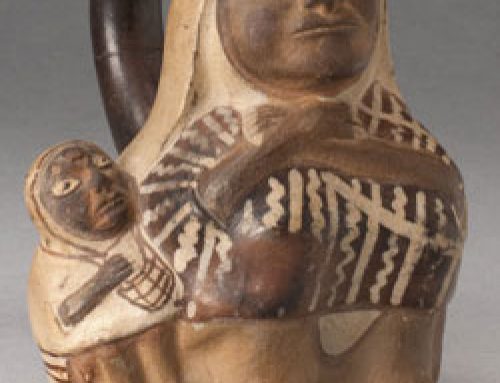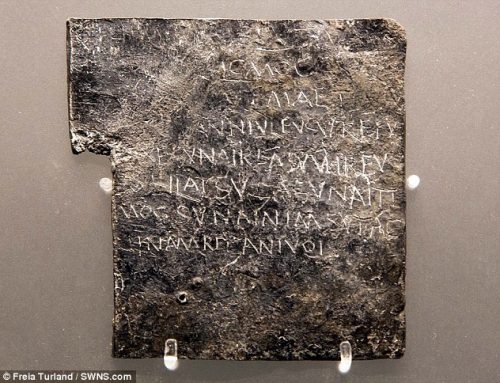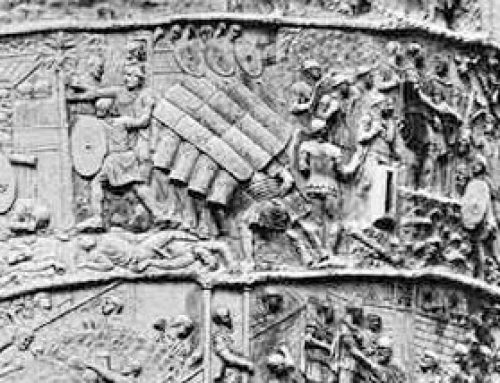
Bust of Plotinus (Ostia, ca. 250 AD)
Around the time of Jesus, philosophers (and regular people) in West Asia and the Roman Empire started to think a lot about what happened to you after you died. The afterlife was very important to the Christians and the Gnostics. But a little later on, Roman philosophers developed a new idea. They suggested that when you died, instead of going to Heaven as yourself you became one with God. Or maybe your soul became part of some sort of divine force. Neoplatonists also thought everything originally came from this divine force, which they sometimes called the One (compare this to earlier Hindu and Buddhist ideas about nirvana).
The philosophers got this idea from Plato’s idea of the perfect form, so people call them the Neoplatonists, meaning New Platonists. The most important of the Neoplatonist philosophers is Plotinus, who was born about 204 AD. Plotinus said that out of the One came first numbers, which were the closest thing to perfection. Then from numbers came shapes, and from shapes came things, and then from them living things.
After Plotinus died in 270 AD, his students kept working on Neoplatonist ideas. But their ideas about joining with a divine force after you died got mixed up with Gnostic ideas about magic. So in some ways later Neoplatonism is more about magic than about philosophy.
You might compare these Neoplatonist ideas to Buddhism, which was the first religion to include the goal of becoming one with God.
Learn by doing: talk to a religious leader about the afterlife
More about philosophy: Islamic philosophy
Bibliography and further reading about Neoplatonists:




